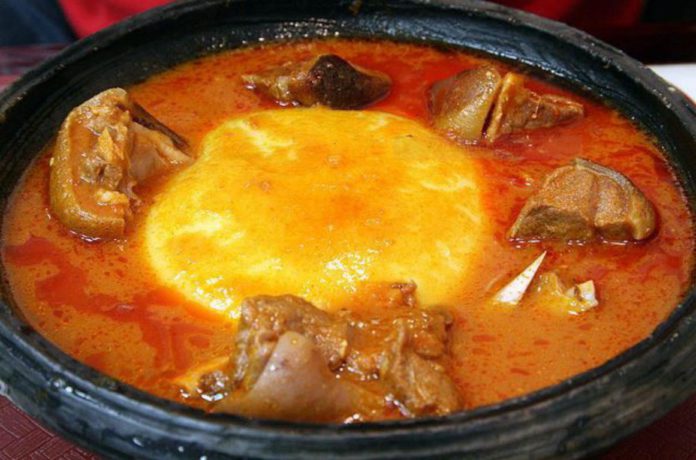Camphor is used in our homes to ward off insects and keep homes fresh.
But do you know that at certain levels of exposure to it, one can suffer diseases such as cataract?
A study carried out by KNUST scientists has revealed that consumers of street vended fufu and fried rice may be suffering from ailments caused by the presence of camphor in their foods.
This is after research found dangerous levels of camphor in these foods.
Naphthalene is the main ingredient in camphor in Ghana and has frequently been used in the purification of water.
But do you know it can be dangerous?
ALSO READ:
- Prison officer who defied robbers order to surrender his bag shot dead on Kumasi-Accra highway
- Tears flow at one-week celebration of family of 7 killed in Buduburam house fire
A case study in 2019 published in the journal of Pan African Medicine, found that Naphthalene can cause acute kidney injury.
Some other effects include nausea, vomiting, abdominal cramps, and diarrhea; neurologic symptoms, such as confusion, excitement, and convulsions.
This study published in the Polycyclic Aromatic Compounds Journal (Taylor&Francis) aimed to assess the occurrence of camphor in the street vended foods through the handling practices of the vendors.
Naphthalene was detected in all food samples used for the study in concentrations ranging from 1.7 to 6.5 mg kg−1.
The concentration of camphor was as high as 6500mgkg in rice and hot pepper sauce samples.
The researchers explained that the high levels of Naphthalene could be attributed to the use of camphor, which the vendors put in stored water as water purification agent or use as insect repellent in storage rooms.
Stored water containing moth balls were used for all cooking and vending processes such as boiling of rice for fried rice meal or storage of excess cassava used for fufu.
It is also used in soup preparation for fufu meal.
“Eliminating the use of camphor in water and finding alternative means of storing water, would greatly reduce the health risk associated with these street vended meals,” Gloria Mathanda Ankar-Brewoo is lead scientist.
They recommend that policies be reviewed on the use of moth balls at food preparation areas.

